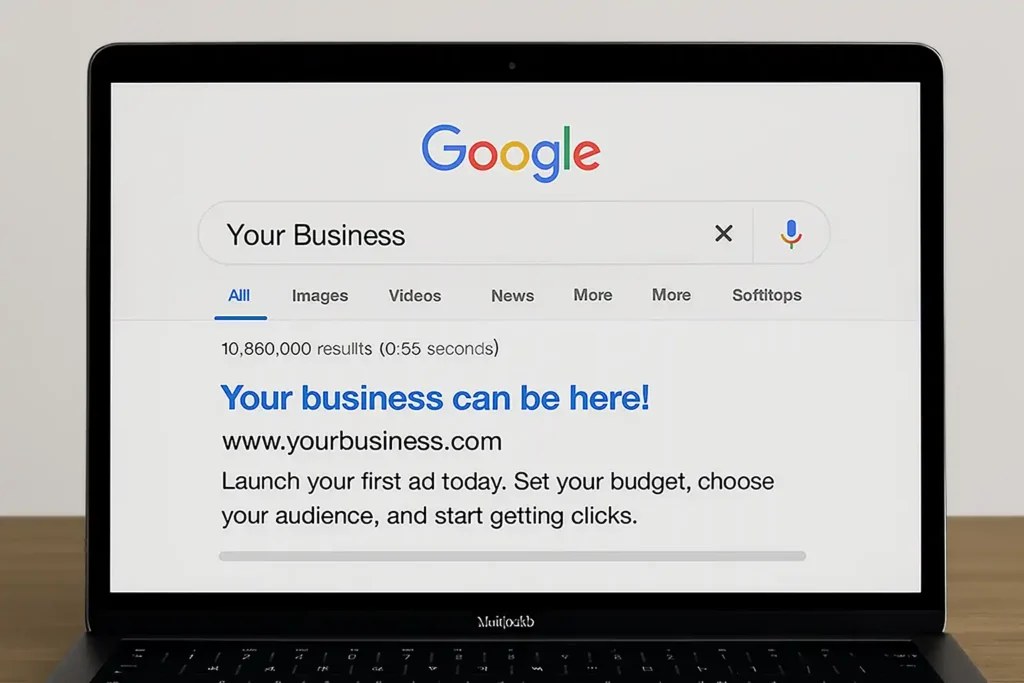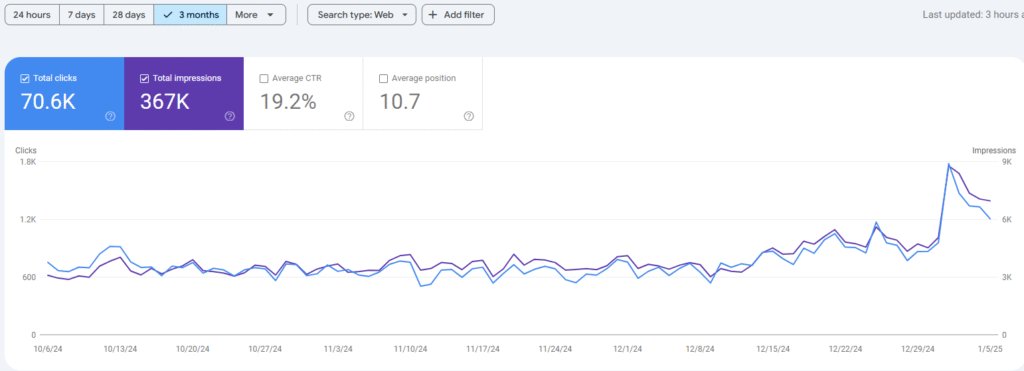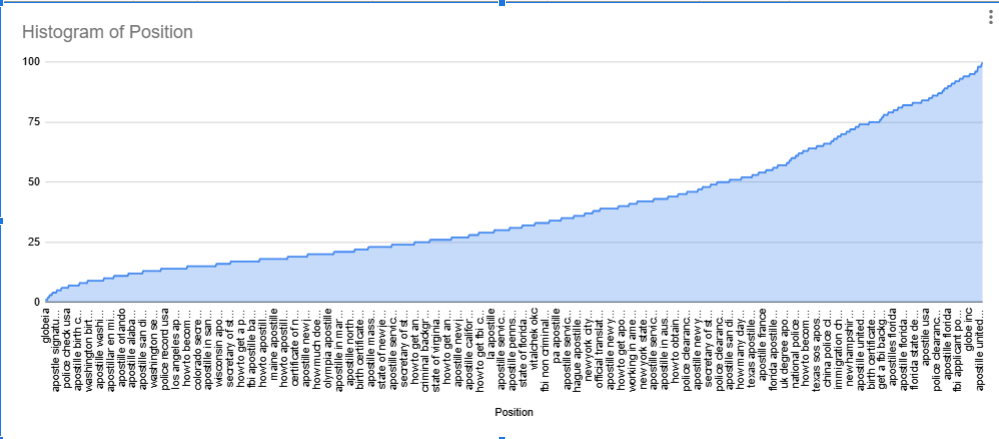How to Increase Organic Traffic in 2025: Boost Your Website’s Search Rankings and Organic Search Performance
If you want to increase organic traffic in 2025, you’re in the right place. Organic traffic is the lifeblood of any website because it drives consistent, long-term visitors without relying on paid ads. By understanding how organic search works and optimizing your content for search engines like Google, you can improve your search rankings, attract more clicks, and boost your website traffic effectively. This article will guide you through proven strategies to increase organic traffic, improve organic search performance, and strengthen your website’s visibility.
What is Organic Traffic and Why Does It Matter?
Organic traffic refers to visitors who arrive at your website through unpaid search engine results. Unlike paid ads, organic traffic comes naturally from search engine results pages (SERPs) when your content matches the search intent of users. Organic traffic often indicates a higher quality audience because people who find your site via organic search are actively looking for the information, product, or service you offer.
Understanding the value of organic search is crucial for any website owner. Not only does it reduce dependence on paid traffic, but it also improves your search engine visibility over time. Websites with strong organic traffic often see better engagement, more referral traffic, and a higher likelihood of conversions.
In 2025, the competition for top organic rankings will continue to grow. Therefore, learning how to increase organic traffic is essential for staying ahead of competitors and driving sustainable web traffic growth.
How to Increase Organic Traffic in 2025
Increasing organic traffic in 2025 requires a combination of SEO best practices, high-quality content, and strategic optimization. Start by auditing your website to identify which pages are performing well in search engine results and which need improvement. Tools like a free SEO checker can help you evaluate your website’s current organic traffic performance and highlight areas for improvement.
Once you understand your starting point, focus on optimizing your website’s content for relevant search terms. This includes creating new content that attracts more organic traffic, improving existing pieces of content, and ensuring that your pages are easier for search engine crawlers to index. Driving traffic to your site consistently will require ongoing monitoring and optimization of your SEO efforts.
Finally, don’t forget about user experience. Google wants websites that are fast, mobile-friendly, and provide valuable content for searchers. By improving your website’s performance and following SEO best practices, you can significantly boost your organic traffic in 2025.
Why Keyword Research is Crucial for Organic Search
Keyword research is the foundation of search engine optimization. By identifying the right keywords to target, you can create content that aligns with what people search for online. This increases your chances of appearing in top organic search results, attracting clicks, and driving organic traffic to your website.
Start by analyzing your niche and identifying high-volume, low-competition keywords that match your audience’s search intent. Tools like Google Analytics and SEO checkers can help you determine which keywords your site currently ranks for and which keywords have the potential to boost your website traffic. Remember to incorporate these keywords naturally in your content, including headings, meta descriptions, and body text.
Keyword research also helps you understand the type of content that resonates with your audience. By targeting the right search terms, you create content for search that not only attracts visitors but also improves your overall search engine visibility.
How On-Page SEO Can Boost Your Rankings
On-page SEO refers to the optimization of individual web pages to improve their search engine rankings and attract organic traffic. Key aspects of on-page SEO include using relevant keywords in headings, meta descriptions, and content, optimizing images, and improving internal linking.
To optimize your website effectively, focus on creating content that attracts more organic traffic and addresses relevant search queries. Each piece of content should provide value and be structured in a way that is easy for users and search engines like Google to understand. This makes it easier for search engine crawlers to index your website, improving your organic rankings.
Additionally, consider your website’s overall structure. A well-organized site with clear navigation helps search engines discover all your pages and improves the user experience, which can lead to more clicks and higher search rankings.
Using Backlinks to Improve Organic Traffic Performance
Backlinks are one of the most powerful ways to increase organic traffic. When other websites link to your site, it signals to search engines that your content is trustworthy and authoritative. This can significantly improve your website’s organic search performance and search engine rankings.
Focus on acquiring backlinks from relevant, high-authority websites in your niche. Avoid spammy or low-quality links, as they can harm your SEO efforts. Guest posts, outreach, and content marketing strategies are effective ways to earn backlinks that drive traffic back to your website.
Remember, backlinks not only improve your website’s ranking but also directly drive referral traffic. People who click on links from other sites are likely to be interested in your content, which can lead to higher engagement and potential conversions.
How to Optimize Your Meta Description for More Clicks
A meta description is a brief summary of a web page that appears in search engine results. While meta descriptions don’t directly impact rankings, they influence whether users click on your link. Optimizing your meta description can therefore increase your organic traffic by making your listing more appealing.
To create an effective meta description, include relevant keywords, clearly explain what the page offers, and add a compelling call-to-action. Tools like SEO checkers can analyze your meta descriptions and suggest improvements to increase click-through rates from search results.
An optimized meta description improves your visibility in organic search results, encourages users to click on your link, and ultimately drives more traffic to your website.
The Role of Google Analytics in Tracking Website Traffic
Google Analytics is an essential tool for measuring organic traffic performance. It helps you understand how visitors interact with your website, which pages attract the most traffic, and which keywords drive the most clicks. By analyzing this data, you can make informed decisions about your SEO strategy.
Setting up Google Analytics allows you to track your website’s organic search traffic, monitor changes in search rankings, and measure the impact of your optimization efforts. Use this data to identify areas for improvement, such as pages with high impressions but low clicks, and adjust your content or meta descriptions accordingly.
Additionally, Google Analytics provides insights into user behavior, which can help you optimize your website for better engagement, longer session duration, and higher conversion rates. This ultimately contributes to driving more organic traffic to your site.
How to Improve Organic Rankings with Technical SEO
Technical SEO ensures that your website is optimized for search engine crawling and indexing. Key elements include site speed, mobile-friendliness, secure HTTPS protocol, XML sitemaps, and structured data. These factors improve search engine visibility and make it easier for your website to rank higher in organic search results.
Auditing your website with an SEO checker can reveal technical issues that affect your rankings. Fixing broken links, optimizing page load times, and ensuring proper indexing can significantly boost your organic traffic performance.
Technical SEO also includes improving your website’s internal linking structure and ensuring that search engine crawlers can easily navigate your site. A technically optimized website not only ranks better but also provides a smoother experience for visitors, encouraging clicks and engagement.
Ways to Drive Organic Traffic Using Content Marketing
Content marketing is one of the most effective ways to increase your organic traffic. Creating content that attracts users, answers their questions, and matches their search intent can significantly boost organic search visibility. This includes blog posts, videos, infographics, and guides relevant to your niche.
Focus on producing new content regularly and updating existing content to keep it fresh and relevant. Use keyword research to identify high-value topics and optimize your content for those search terms. Each piece of content should aim to drive traffic to your website by providing valuable information that resonates with your audience.
Promoting your content through social media, email marketing, and backlinks further enhances its reach. Content marketing not only increases website traffic but also builds authority, which is essential for long-term organic traffic growth.
Best Practices to Increase Your Organic Traffic Consistently
Consistently increasing your organic traffic requires following SEO best practices and staying up-to-date with search engine algorithm changes. Some effective strategies include:
Performing regular SEO audits to identify areas for improvement.
Creating high-quality, keyword-optimized content for search.
Using Google Analytics and Google Search Console to track performance.
Building relevant backlinks to boost authority.
Optimizing meta descriptions and on-page SEO elements.
Leveraging technical SEO to enhance site performance.
Monitoring organic rankings and adjusting strategies as needed.
By implementing these best practices, you can drive organic traffic to your site consistently, improve search rankings, and maximize your website’s visibility in organic search results.














